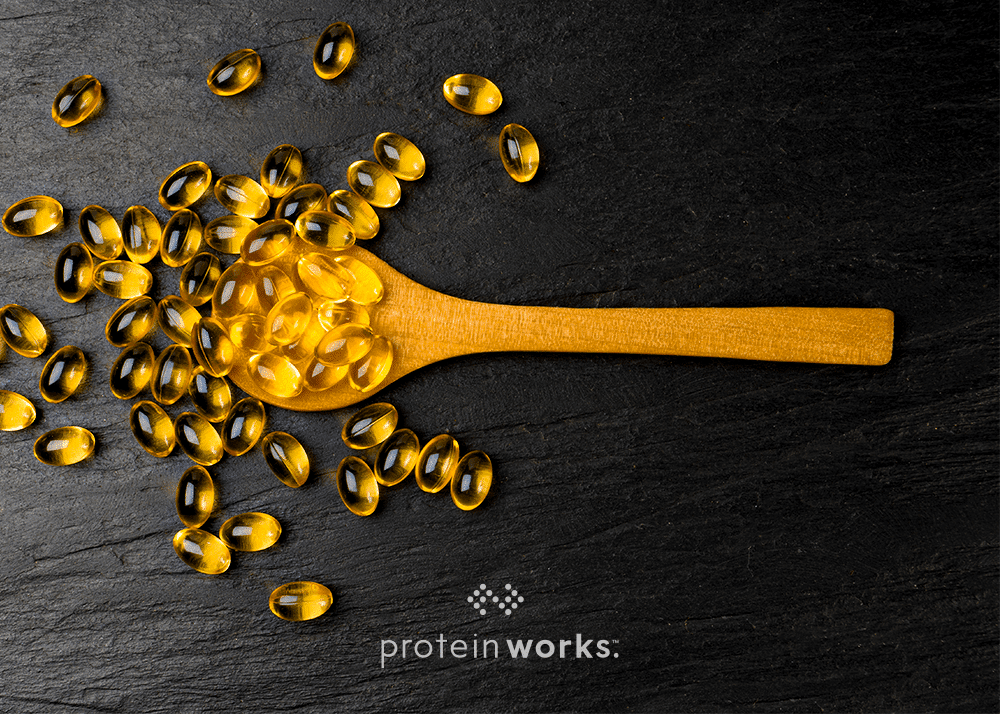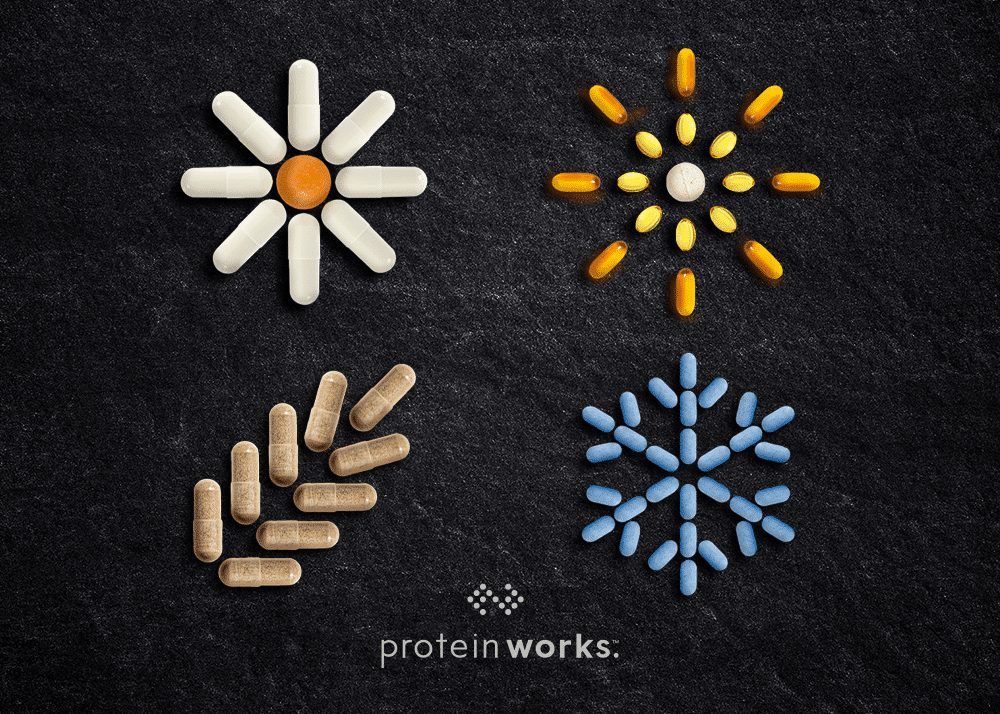
Why, When & How To Take BCAA’s For Optimal Results
BCAA’s, are composed of the essential amino acids Valine Leucine, and Isoleucine and in recent years they have made a comeback on the supplement scene and with good reason.
More and more research coming out on the benefits of BCAA’s supplementation. It’s no longer just a supplement for bodybuilders and athletes looking to build lean body mass, as we now know they provide a whole host of other benefits including: aiding fat loss, reducing DOMS, improved immune system and delaying muscle fatigue.
As mentioned above, the amino acids contained within BCAA’s are deemed essential and this is due to the fact that our bodies can’t produce them, so we therefore must obtain them through our diet, either via protein rich foods or supplements.
However, in order to get the most out of BCAA’s we can’t just aimlessly consume them with no regard as to why we may need them, the best time to take them to optimise results or what method of consumption is preferable.
All of which, is discussed below.
Why should I supplement with BCAA’s?
Being the only amino acids that aren’t processed in the Liver, but instead released directly into the bloodstream, means that when consumed, they head straight to your muscles to be used as an energy source during your workouts. As a result, they help prevent the breakdown of muscle tissue and promote muscle protein synthesis. (1)
Even when building muscle isn’t your top priority, supplementing with BCAA’s can still be beneficial to your specific workouts.
Research suggests that consuming branch chain amino acids around your workout can allow you to work out for longer and harder. They’ve been shown to delay the onset of fatigue, whilst also dampening the effects of DOMS, allowing you to keep your training intensity high throughout the whole week. (2)
Not only do BCAA’s improve your workouts, but they can also keep you from missing them too.
When training at high intensities, your body is prone to losing Glutamine, an amino acid that plays a pivotal role in proper immune function. This process can be reversed however by supplementing with BCAA’s, meaning no frustrating time off or loss of progress due to illness. (3)
Finally, If you’re looking to lose body fat, BCAA’s has one more trick up its sleeve. With its ability to maintain blood sugar levels within the body, you are less likely to feel those crashes when dieting which lead to snacking on those unplanned calories. (4)
When to take BCAA’s for optimal results
Benefits Pre & Intra Workout
BCAA’s can be taken at any time during the day, but ideally you want to be consuming BCAA’s around or during your workout, so that your body can utilise them to best effect.
As discussed earlier, these amino acids can be used by your muscles as a direct energy source during workouts so it makes sense to give the body the fuel it needs to prevent muscle breakdown and promote hypertrophy.
Due to them not having to be digested and being able to bypass the liver, it makes them a better option pre workout than a protein shake or protein rich food as they can be utilised by the body and muscle tissue more immediately, rather than having to wait several hours for digestion to occur.
Continuing to take them throughout your workout will also be of benefit due to Valine and Isoleucine’s being glucogenic, meaning they have the ability to be converted into glucose, helping fight muscle fatigue and avoiding drops in energy or concentration as you progress through your workout. (5)
Benefits Post Workout
Consuming BCAA’s post workout also has its benefits due to the role that the Leucine plays in the body. During exercise we break down muscle tissue and provide our body with the stimulus to grow, but in order for this to kick start we need to supply the muscles with Leucine.
This is the reason protein shakes are widely taken post workout. However, with a BCAA supplement, the amino acids can get to work faster and have been shown to increase muscle protein synthesis by 22% (6)
How much BCAA’s do I need to consume?
New research suggests that our recommended BCAA intake can be up to 14 grams a day to optimise muscle protein synthesis. (7)
Fortunately, there are a number of options when it comes to BCAA’s. The most popular is in powder form, due to it being easy to consume and convenient for gym floor consumption, but it also comes in pill form that can be consumed at anytime, anywhere.
With our BCAA Extreme or Vegan BCCA powders we recommend taking 2-4 6g servings per day or with our Ultra BBCA pills take 3-5 per serving, 2-4 times per day to suit your individual needs.
References
- 1. Bennet WM, Connacher AA, Scrimgeour CM, Smith K and Rennie MJ (1989) ‘Increase in anterior tibialis muscle protein synthesis in healthy man during mixed amino acid infusion: studies of incorporation of leucine.’ Clinical Science, 1989 April;76 (4):447-54
- Negro M, Giardina S, Marzani B and Marzatico F (2008) ‘Branched-chain amino acid supplementation does not enhance athletic performance but affects muscle recovery and the immune system.’ Journal Of Sports Medicine and Physical Fitness , 2008 Sep;48(3):347-51.
- Bassit RA, Sawada LA, Bacurau RF, Navarro F and Costa Rosa LF (2000) ‘The effect of BCAA supplementation upon the immune response of triathletes.’ Medicine and Science Sports and Exercise. 2000 Jul; 32(7):1214-9
- Layman DK. The role of leucine in weight loss diets and glucose homeostasis. J Nutr 2003;133:261S-267S
- Portier, H., Chatard, J. C., Filaire, E., Jaunet-Devienne, M. F., Robert, A., & Guezennec, C. Y. (2008). Effects of branched-chain amino acids supplementation on physiological and psychological performance during an offshore sailing race. European Journal of Applied Physiology, 104(5), 787-794.
- Jackman SR, Witard OC, Philp A, Wallis GA, Baar K, Tipton KD. (2017). Branched-Chain Amino Acid Ingestion Stimulates Muscle Myofibrillar Protein Synthesis following Resistance Exercise in Humans.. Frontiers in Physiology. 8 (7)
- Candeloro N, Bertini I, Melchiorri G, De Lorenzo A. Effects of prolonged administration of branched-chain amino acids on body composition and physical fitness. Minerva Endocrinol. 1995;20(4):217–23.





No Comments yet!